
Fear Of Friday The 13th (Friggartriskaidekaphobia)
Fear of Friday the 13th is known as friggatriskaidekaphobia. This is a phobia based on two well-known superstitious beliefs — that Friday is an unlucky day and 13 is an unlucky number. The last supper of Jesus Christ, which had 13 diners, is said to signify the impending death of one of the diners. According to the North Carolina Phobia Institute, this is the most feared date and day in history, with 17 to 21 million diagnosed cases of friggatriskaidekaphobia. Some business journals say that companies lost millions of dollars’ worth of trade on Friday the 13th. The longest gap possible between two such Fridays is fourteen months. Thus, once every fourteen months 21 million individuals are too scared to even step out of their homes.
- Important notification about information and brand names used in this slideshow!
- Photo courtesy of Dennis Skley by Flickr : www.flickr.com/photos/dskley/6689739073/
- Oxford text book of clinical psychiatry
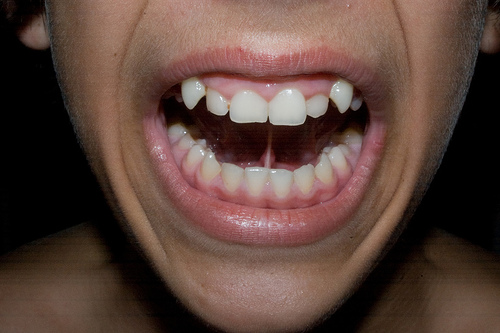
Fear Of Vampires (Sanguivoriphobia)
Fear of vampires is known as sanguivoriphbia, which literally means "fear of blood eaters". Vampire phobia has endured through time, despite different portrayals of vampires like the good, sparkling Cullen family from the Twilight series. The modern definition of a vampire first originated with Vlad the Impaler. It is said that he had a rare genetic disorder called iron-deficient-porphyria which causes — strangely enough — a violent painful skin reaction to sunlight. This and his tendency towards blood and violence gave rise to the Dracula myth. Vlad being the son of Vlad Dracul seem to have helped. Another example is Elizabeth Bathory the famous killer.
- Important notification about information and brand names used in this slideshow!
- Photo courtesy of Bill Stickers -c by Flickr : www.flickr.com/photos/lsdboy/2201653916/
- Oxford textbook of clinical psychiatry

Fear Of Money (Chrometophobia)
Fear of money is known as chrematophobia. This is not a fear of money itself but more of a fear of mismanaging money. It is a derivative of the Greek words chremato (colorful coins) and phobia (fear). Patients may express an irrational fear to save or use money, thinking that it will make them do bad things. Many affected individuals know that their fear is unreasonable, but the effect is present all the same. Many patients with chrematophobia lead simple lives with a minimalistic approach. The symptoms with the level of fear. Patients with only a mild case of money phobia may experience a slight anxiety when confronted with money, while severe cases involve sweating, panic, a rapid heart rate, tremors, nausea, and a dry mouth.
- Important notification about information and brand names used in this slideshow!
- Photo courtesy of Stan Dalone by Flickr : www.flickr.com/photos/miran/6951997630/
- Oxford textbook of clinical psychiatry

Fear Of Youth (Ephebiphobia)
A fear of youth is called ephebiphobia. It almost always occurs in the adult population. It was first identified as a tendency to characterize young individuals in irrational and inaccurate ways, but it is essentially a persistent loathing of young people. It has been commonly linked to the fear of crime and street culture. In the late 1990s, the increased availability of handguns, gangster behavior and drug abuse increased the prevalence of a fear of young people. According to psychologists, this phobia is difficult to eradicate because there is active opposition among youth against the sensational discrimination of youth by adults, which tends to promote ephebiphobia.
- Important notification about information and brand names used in this slideshow!
- Photo courtesy of itupictures by Flickr : www.flickr.com/photos/itupictures/9024332521/
- Oxford textbook of clinical psychiatry
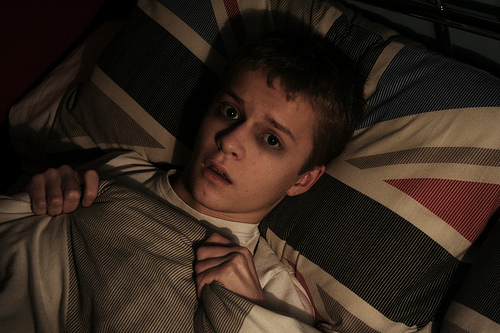
Abnormal Fear Of Sleep (Somniphobia)
The fear of sleep is called hypnophobia/somniphobia. Nightmares, seeing someone with night terrors, anxiety over waste of time while sleeping are some of the well-known causes of hypnophobia. Patients may experience sweating, tremors, nausea, and a rapid heart rate among others, depending on the level of fear. Because the causes of hypnophobia are not well understood, it is a difficult condition to treat. Anxiety seems to be the core of the condition. Currently available anxiolytic drugs may be effective to treat the symptoms but the efficacy is variable and side effects of these drugs can sometimes be debilitating.
- Important notification about information and brand names used in this slideshow!
- Photo courtesy of Laura Lewis by Flickr : www.flickr.com/photos/lauralewis23/7515228838/
- Oxford textbook of clinical psychiatry
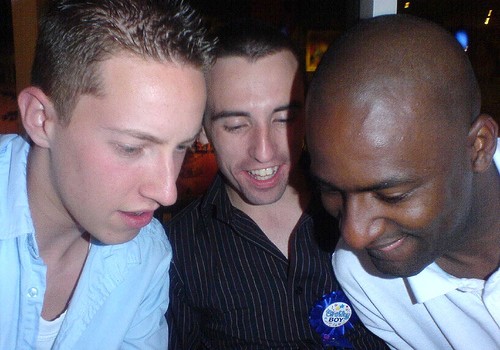
Morbid Fear Of An Erect Penis (Medorthophobia)
This phobia may include a spectrum of conditions regarding fear of an erect penis. Phallophobia is the fear of the penis itself, especially an erect penis. Medorthophorbia is the fear of an erect penis only. Ithyphallophobia is the fear of having, thinking about and seeing an erect penis. Patients may experience sweating, breathlessness, nausea, an increased heart rate, and in severe cases a fear of dying, fear of becoming of going mad and the sensation of being detached from one’s body. Hypnotism is a very effective method to treat phallophobia and its related conditions. Phallophobia can affect a patient's life and relationships in many ways.
- Important notification about information and brand names used in this slideshow!
- Photo courtesy of Mr Ashby by Flickr : www.flickr.com/photos/johnashby/238587032/
- Oxford textbook of clinical psychiatry

Fear Of Learning (Sophophobia)
The fear of learning is called sophophobia. This is an umbrella term encompassing a spectrum of conditions linked to fear of learning specific things. The presence of this fear in childhood may be misdiagnosed as mischievousness and carelessness, which can in turn lead to stereotyping and abuse. Teachers need to be aware of the existence of sophophobia. Hypnotherapy, which uses the power of suggestion under hypnosis (addressing the subconscious) to relieve fear, was proven to be very effective treatment for sophophobia. Neuro linguistic programming is a method which uses phrases we employ to express feeling, facial expressions and behavioral patterns to identify a root cause of a psychological condition. This is also used to identify the origin of sophophobia and reprogram the perception of learning into a positive one.
- Important notification about information and brand names used in this slideshow!
- Photo courtesy of itupictures by Flickr : www.flickr.com/photos/itupictures/9025681584/
- Oxford textbook of clinical psychiatry

Fear Of Drinking Alcohol (Dipsophobia)
The fear of drinking alcohol is called dispophobia. This is a very healthy and profitable phobia to have in a way. It is very common because the adverse effects of alcohol are very well known. Disphophobia is mainly due to previous unpleasant experiences with alcohol consumption. Anyone who has been exposed to adverse effects of alcohol may develop this fear. Individuals who had drinking problems and other alcohol-related problems and now abstaining, children, wives and close relatives of problem drinkers are at a higher risk of disphophobia. In some instances, religious beliefs have also given rise to disphophobia especially in Mormonism.
- Important notification about information and brand names used in this slideshow!
- Photo courtesy of Matthew Beckler by Flickr : www.flickr.com/photos/mat_the_w/1368499693/
- Oxford textbook of clinical psychiatry
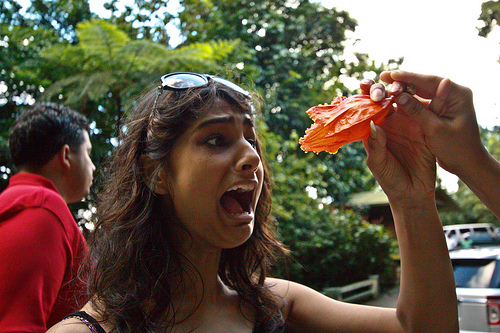
Abnormal Fear Of Flowers (Anthophobia)
The fear of flowers is called anthophobia — not to be confused with anthrophobia, the fear of people. This covers a spectrum of severity from fear of a specific flower to fear of all flowers. An unpleasant experience related to a flower such as a severe allergic reaction to pollen may trigger this phobia. Anthophobia may be associated with other phobias. People with a fear of germs may develop anthophobia as well because they are afraid of getting the germs from the soil. People with a fear of insects may be afraid of flowers because of the bees attracted to the flowers. People with various food phobias may associate it to anthophobia because of the fear of flowers used in cooking and food dressing.
- Important notification about information and brand names used in this slideshow!
- Photo courtesy of Lydiat by Flickr : www.flickr.com/photos/lydiat/6388885981/
- Oxford textbook of clinical psychiatry

Fear Of People (Anthrophobia)
Fear of people is called anthrophobia. This is a severe form of shyness. Anthrophobia is a form of social phobia and it can range from a mild anxiety over being in the presence of a crowd to morbid fear of being in the company of just one person. Patients may experience typical features of a panic attack such as sweating, breathlessness, tremors, rapid heart rate, fear of dying according to the severity of the condition. This can lead to poor interpersonal relationships and even total withdrawal from society. In severe cases, it is very difficult to treat because the presence of the psychotherapist himself may trigger a severe panic attack.
- Important notification about information and brand names used in this slideshow!
- Photo courtesy of Mario Vercellotti by Flickr : www.flickr.com/photos/vermario/59688191/
- Oxford textbook of clinical psychiatry


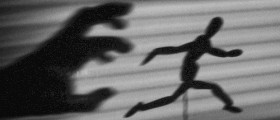
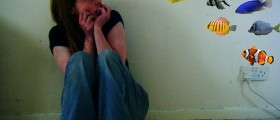
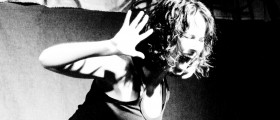


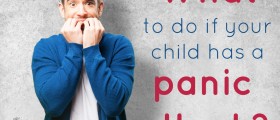


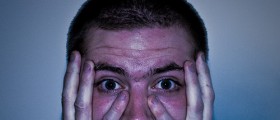
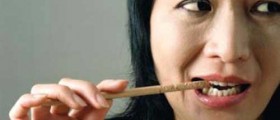


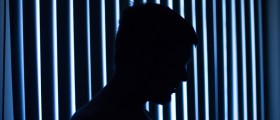
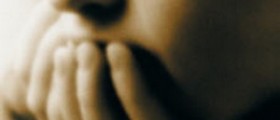

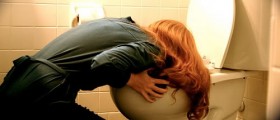
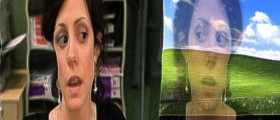
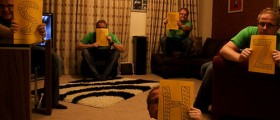

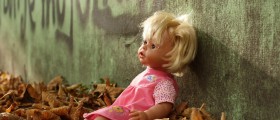
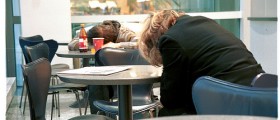

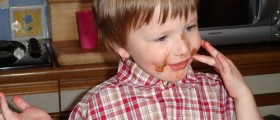
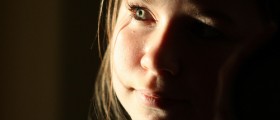
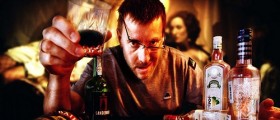
Your thoughts on this
Loading...